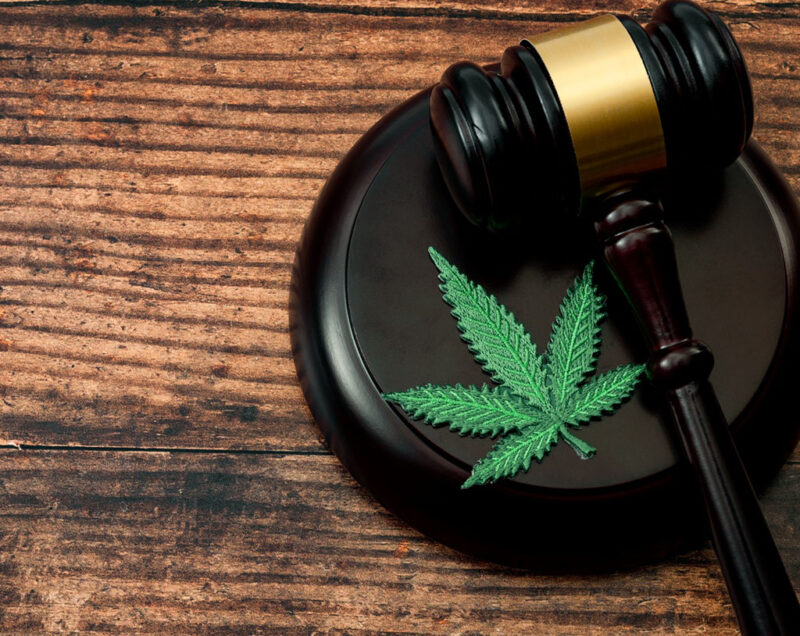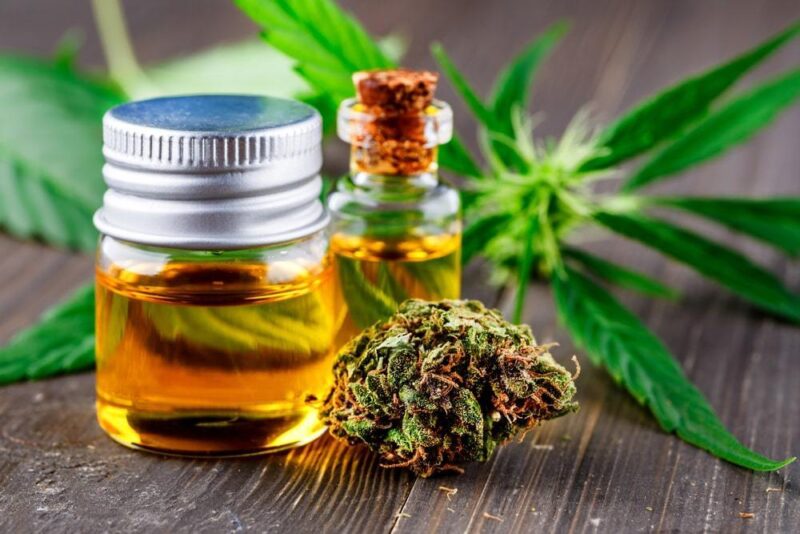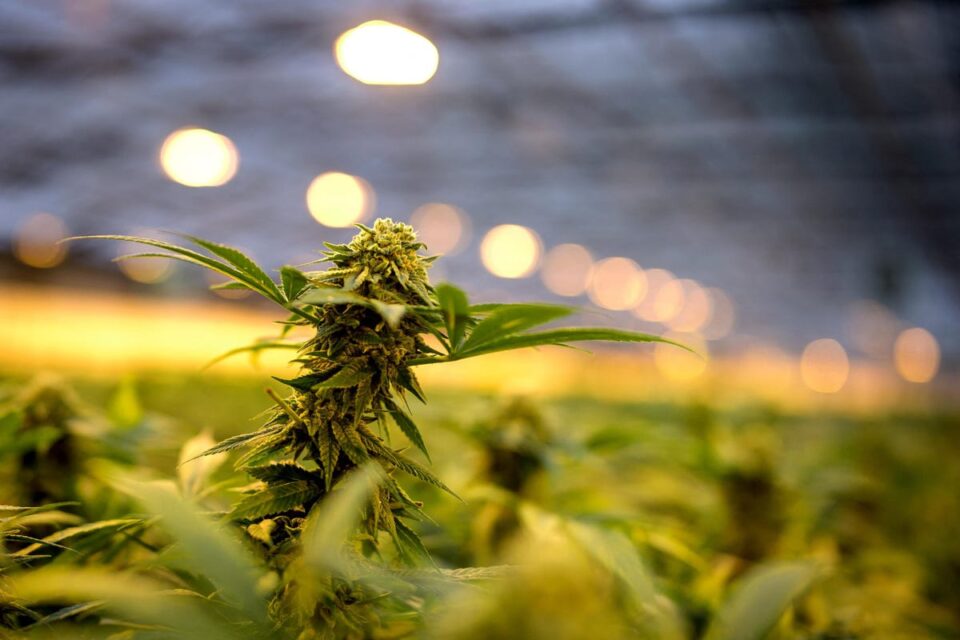The demand for cannabis quality and potency testing is rising with the change in the legalization of cannabis. The regulatory landscape for cannabis is changing as the industry is becoming more popular and is finding a place in investor meets as the most promising asset class.
The Marijuana Tax Act and then the Controlled Substances Act placed cannabis in the Schedule 1 category. The use and sale of marijuana or medical cannabis are still regulated in some states and remain banned in others. In 2018 the Farm Bill isolated the two products derived from cannabis sativa into medical cannabis and hemp. Hemp is a legally accepted product in all 50 states of the USA. Medical cannabis is regulated and accepted by 37 states.
Compliance testing of cannabis helps in meeting the regulatory demands that are challenging with continuous changes. State and federal rules are also altering fast to protect consumer safety and public health issues related to both cannabis and hemp-based products.
Benefits of compliance in early stage industries

Although cannabis was used extensively in early civilizations and was used for its pain-alleviating properties till the early 20th century, its tryst with legal complexities has raised much confusion in the minds of the general public especially the prospective investors and buyers of this product.
A patient may feel skeptical about using a hemp-based CBD oil as there is no clear standard that is uniformly applicable in the cannabis industry. Likewise, investors prefer a degree of certainty in industries they invest in and avoid spaces that have too many complexities to mitigate risk.
An entity involved in either growing, processing, or selling CBD and hemp products has to follow generally accepted good manufacturing practices or GMPs to establish a standard that is ahead of the foreseeable changes in legislation and policies surrounding the cannabis industry. Here are some benefits that are compelling to consider compliant and standard procedures in cannabis testing:
1. Avoid legal repercussions
Potent cannabis with a higher concentration of THC will always remain banned and can be used only in a regulated manner for medical purposes and recreational reasons only in a quantified approach. This means that the noose can be tightened any minute the user, seller, manufacturer, or other stakeholders involved in this industry try to break the law by even a small percentage.
Interestingly, in an example, an old lady who was carrying her hemp-based CBD oil that she used for arthritis was detained at a state border. The state she was entering did not allow cannabis products that had higher potency of THC. The oil she purchased was marketed as a hemp product but had a higher concentration of psychoactive elements than the permissible limit. Things can get out of proportion when the product is not compliant with laws about potency limits.
2. Attract investments
Cannabis investments are a hot subject and many investors are showing interest in the developing industry. But unless there is compliance with testing procedures that follow ISO guidelines and accreditations and get their products tested with reliable labs that have a reputation to serve in line with accepted recommendations of industry practices, attracting lucrative investments in this sector will be difficult.
3. Differentiator as USP
Compliance with cannabis and hemp products is currently not simple or straightforward. A strong compliance program will be a differentiator offering a unique selling proposition to both investors and the consumers of the product. Based on compliance adherence, investors will be willing to take strategic decisions to increase their stakes in the business. And consumers trust the products and buy them without feeling unsure about the CBD items that they need. It will help genuine entities establish their business and put their best foot forward in their journey as pioneers of the industry.
Guidelines for compliance in the cannabis industry

Growing practices
Cannabis is a plant-based product. Hence best practices in growing and cultivation to ensure that THC levels are minimum in the end product are the responsibility of the farmer or company involved in the agriculture of cannabis.
Hemp is one product that is used up completely and hence there are not many waste products to eliminate at the cultivation level. However, if the plant’s THC levels are high for a particular batch, they have to be destroyed responsibly to avoid legal complexities.
It has to be noted that the farmers don’t have complete control over the level of THC in different growth stages of a plant. However, if the plant ends up having more THC levels then it has to be destroyed to eliminate the risk of being used by unscrupulous people.
Lab testing
Testing of the products at different stages of cannabis growth will ensure the safety and quality of the results. Using the services of a third-party lab that has a reliable name and established trust in the industry should be hired. In this manner, it is easy to win a reputation for good products as the conflict of interest is eliminated and the test results are provided by a non-interested party in an unbiased manner using ISO-accredited guidelines.
Business culture
Since the cannabis industry is still in its infancy, establishing the right business culture is as important as making progress and profits. Any business has to strive for inclusive and sustainable development. Adherence to local laws and establishing a good work culture will promote the standards of the industry in the future.

Conclusion
Compliance is crucial for establishing the cannabis and hemp industry and gaining a foothold to be accepted as a sustainable alternative to the current ecological problems. Identifying weak links in the compliance program will make it stronger. This can be exercised through internal controls panning out to every stage of the business. Quality control is an end-to-end cycle and not something that is done only at the end of the process. To establish a strong industry that will generate employment and is an economic booster, it is imperative to build a strong compliance program.

